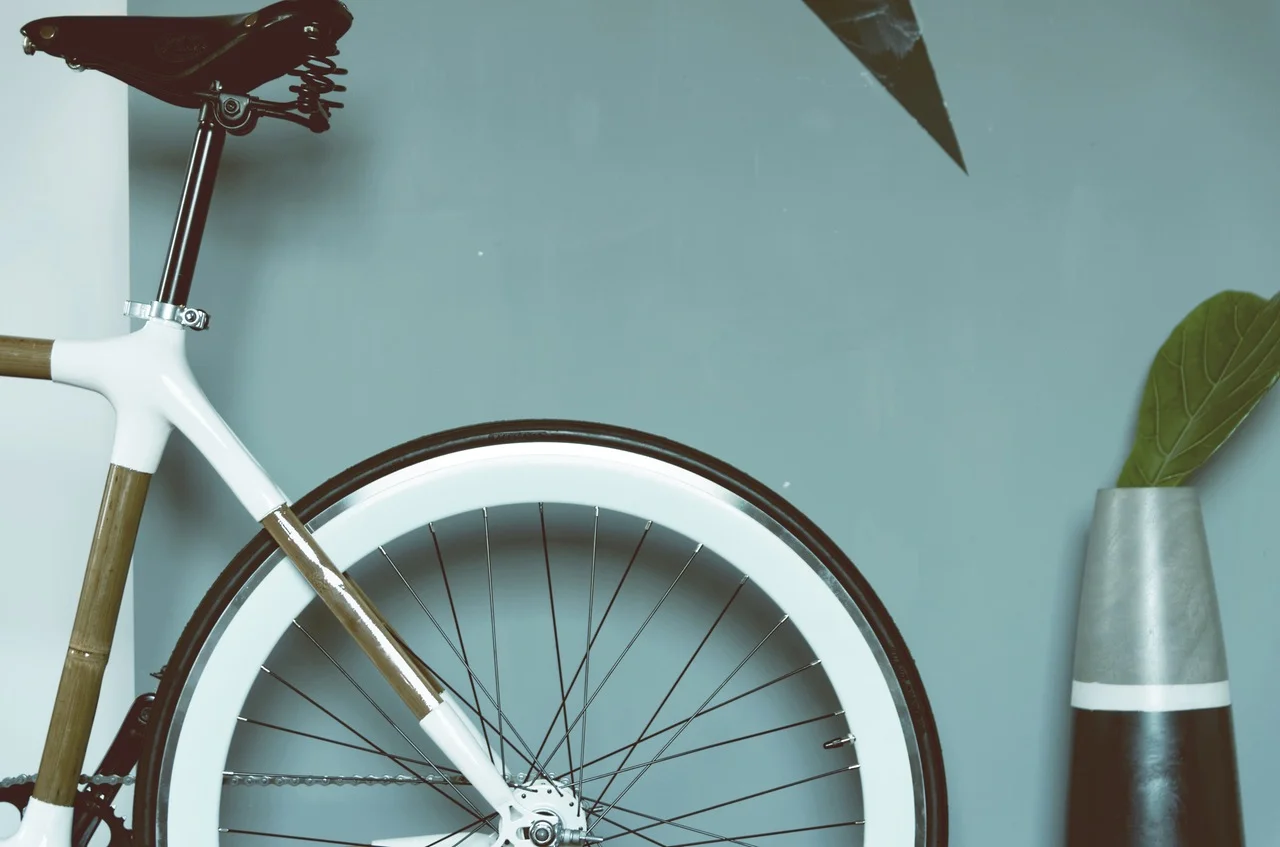The Hub, Spokes, and Wheel: The Power of Inner Change
/I want you to imagine the elements of a bicycle wheel: the outer rim/wheel, the spokes, and the hub.
The outer wheel represents the concrete aspects of your external life: where you live, where you work, how you spend you resources of time, energy, and money. It's the form of your life, the outside structure that is the result of your daily habits of mind, decisions, and behaviour.
The hub is you. Or, more precisely, your inner world. It comprises everything that makes you unique and who you are as a person. Included in the hub are all of your feelings, thought processes, beliefs about yourself, others, your business, and the world at large.
The spokes represent the ways in which those elements of your inner world channel outward to impact, directly and indirectly, the outer wheel of your life.
Have you ever heard the saying, "whatever s/he touches turns to gold!"? Well, this is the expression of the hub, spokes and wheel interacting. And what gets transmitted from the hub down through the spokes to the wheel matters.
Immensely.
If we put a focus on building a life thinking only or primarily about the external (wheel), we end up with a disconnect from the hub and the spokes. To navigate life well, understand that you have to focus on the hub first, because everything flows from there. In particular, the issues that we struggle with exert an often unseen force on the shape of our life wheel.
The Story of Dan*
Dan (fictional character) was a highly successful lawyer who was already far ahead of his peers at age 34 and had accrued many external markers of success that mattered to him. He worked long, intensive hours, drove a car that spoke to his wealth, had name recognition among his colleagues and was even featured on the cover of two prominent business magazines. But in spite of these achievements, Dan was struggling inside, and it was getting worse. The more he became consumed in the pursuit of external success and validation, the more he felt enslaved to it. He felt lonely, tired, and depressed. His relationships were transient, on-again / off-again experiences. He felt desired by others because of what he had attained, but not for who he was. His focus on the external world (wheel) was driven by inner fears and self-doubts.
When our psychological wounds and their respective protections are at play, they take life in a direction different from that of us consciously steering ourselves. The nature of these types of self-protections is such that they may dupe us into believing that we're at the helm of life to a far greater extent than most of us actually are.
The Backstory
Dan grew up with a father who was angry and very critical of those around him, including his son. In this relationship, there was little he could do to please his father but this did not stop him from trying. Although successful in school and sports, Dan felt that his achievements were never really enough to sustain engaged interest and love from his father. He worked hard to be "disciplined"--that was a word his father often used to connote the importance of self-control. For Dan, this came to mean foregoing his own and others' needs to get to the top. For it was at the top that he believed his father would finally be able to see and respect him.
But all this proved to be a mirage. For no matter how ambitious he was, the feeling of success never seemed to stick. There was always something or someone standing between him and the next mountaintop.
A Turning Point
After yet another failed relationship with a woman who left because he was "cold and critical", Dan came to therapy to get help. He had a sense that his rigidity and difficulty in sustaining closeness with others were getting worse, not better. And his satisfaction that he once derived from work and his career were starting to yield less and less psychological dividends. He was depressed and feeling stuck deeply within himself.
In therapy, I helped Dan reorient from a focus on the external / wheel to a focus on the hub. We worked together to help him name needs, feelings and experiences that he pushed aside, through so much practice of going through life as a kind of automaton. At first, he was deeply skeptical that becoming more emotionally responsive to himself would solve any of his woes, but as he began to share more of his experiences--and wounds--there was a point when he began to have some empathy for the pain and suffering and fear that had been driving him all these years.
As he began connecting more with his feelings, needs, and values, he began gradually realizing that external success did not produce or substitute for love and internal validation. In fact, the further he pushed himself, the more he was started to look and sound like his Father: angry, bitter, rigid, and feeling like the world owed him. One day in therapy a turning point came when he said, "I've wanted to be loved by my Dad, but not ever to become him. I'm scared if I don't change that's exactly what will happen."
He eventually decided to step out of his legal work and to return to school, where he completed training in graphic design. This represented a revival of a longtime love of his that he had submerged in his psyche long ago, remembering that his Father regularly castigated artists as "frauds". The resurrection of this dream was a form of him beginning to love himself again, and to begin to emerge from the dark shadow of his Father's influence.
This aspect of Dan's story highlights the importance of connecting at the level of hub / self first. As the hub itself changes, new possibilities emerge for the form of the wheel. This is the process of building your life from the inside out.
(*note: Dan is a fictional character to illustrate these kinds of changes that can and do happen)
Did you enjoy this article? Share by clicking on the "share" icon below, and sign up for more free--and exclusive-- StrivingHuman articles.
0 Likes
Share





One thing that most couples do when they run into trouble is that they tend to point to each other for the reasons for the difficulty. Let's consider a hypothetical couple, Benjamin and Marise, to see how this happens, and how they can unhook from this negative cycle.